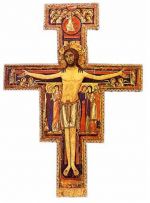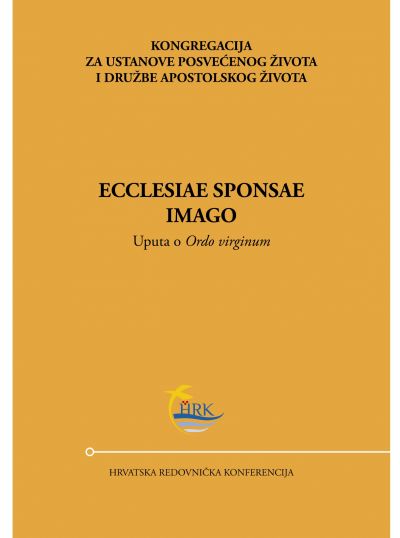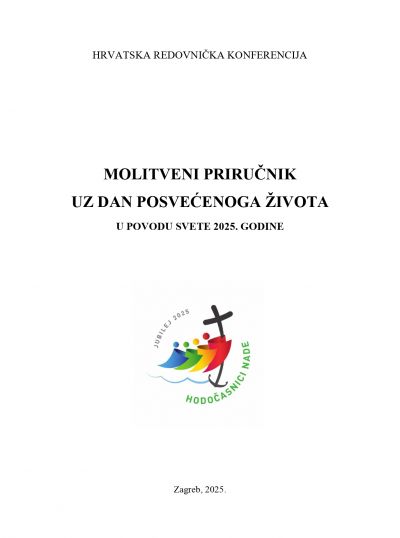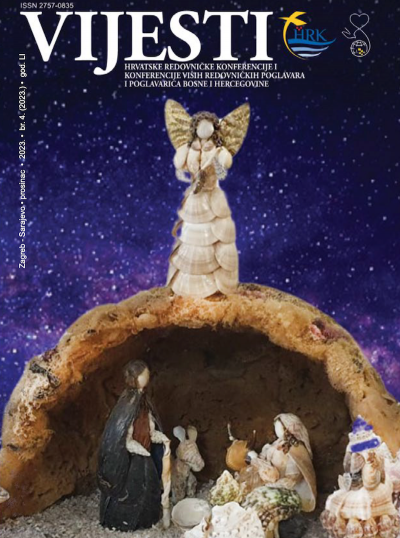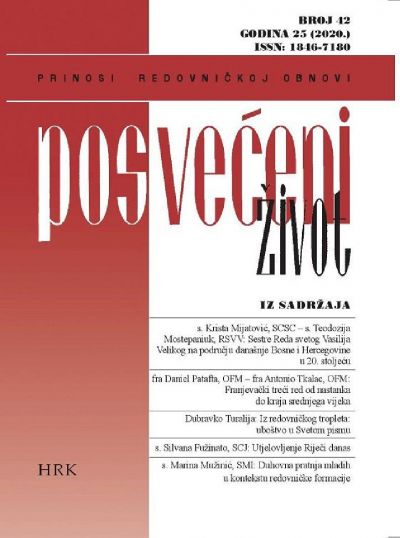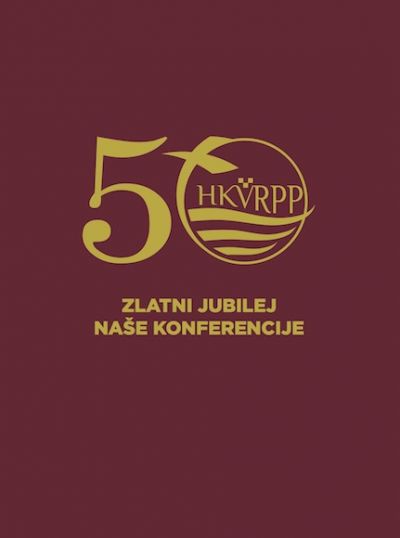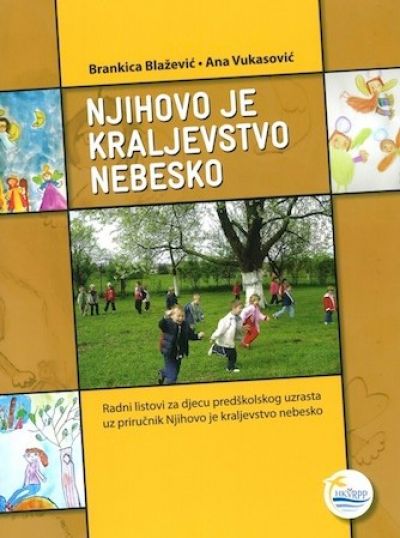The Order of Capuchin Friars Minor (O.F.M.Cap.)
The Order of Capuchin Friars Minor (O.F.M.Cap.)
The Order of Capuchin Friars Minor (in Latin: Ordo Fratrum Minorum Capuccinorum - abbreviated: O.F.M.Cap.) is a third major branch of the First Order for Religious men founded by St. Francis of Assisi. The founders sought to return to the primitive way of life of solitude and penance as practiced by the founder of their Order (including simple living, itinerant preaching and plain dress).
In 1528, Friar Matteo obtained the approval of Pope Clement VIII and was given the permission to live as a hermit and to go about everywhere preaching to the poor. The eremitical idea was abandoned, but the life was to be one of extreme austerity, simplicity and poverty – in all things as near an approach to St Francis' ideals as was practicable.
In 1574 Pope Gregory XIII granted Capuchins the right to establish ultramontane provinces and to spread to various countries.
Because of the simplicity of their lifestyle and the mobility of their ministry, the new branch received early recognition and grew fast, first in Italy, and since 1574 all over Europe. By 1625 the Order numbered 16.967 members while during the French Revolution in 1789 the Order numbered 35.000 members. Today, the Order is present in 106 countries around the world.
The apostolic and pastoral acitivites
Promoted by the Council of Trent, Capuchins gave themselves generously to the service of the entire Church (born, like the Jesuits, at the beginning of the Counter Reformation, the Capuchins became a major force in church activity). The great external work was preaching and spiritual ministrations among the poor (since 1743, the office of “Apostolic Preacher” has been reserved to the Capuchins), they are notable for their closeness to people, spreading Eucharistic devotion in all its expressions (the most known is the 40 Hours of continual adoration of Jesus in the Blessed Sacrament), missionary activity, introducing to contemplative prayer (also referred to as centering prayer).
The Capuchins are known for taking care of patients during great epidemics: plague, cholera, floods and wars.
The Capuchins greatly endeared themselves to the people and this was immortalized in the renowned Italian novel, "I Promessi Sposi" (The Betrothed), by Alessandro Manzoni.
Throughout history, the Capuchins have left their mark in the field of science, including natural science and multiple secularities (read more at www.ofmcap.org).
Franciscan capuchins in Croatia
The arrival of the Capuchin brothers to Croatia was in Rijeka, where the Capuchins began to build their monastery in 1610, and after that in Zagreb (1618), Herceg Novi (1688), Split (1691), Varaždin (1699), Osijek (1703), Karlobag (1710) and Beograd (1718).
The Croatian Capuchin Province has 9 monasteries across Croatia: in Zagreb, Varaždin, Osijek, Rijeka, Karlobag, Split, Dubrovnik and Topusko.
Some of renown Croatian Capuchins are: Mihael Anđeo Božidarević, superior general of the Order of Capuchin; Marin from Senj, who was deployed to Lika and Krbava; Stefan Zagrebec, a kajkavian preacher and storywriter; Angelik Bedenik, missionary and a bishop in India; Robert Menini, missionary and a bishop in Bulgaria; Bernard Škrivanić, disseminator of catholic news and Marian miracles; Anzelmo Canjuga, church musician; Tomislav J. Šagi Bunić, Hadrijan Borak and Zdenko T. Tenšek, excellent professors, theologians and philosophers.
Our spiritual and religious leader is St. Leopold Bogdan Mandić
The Croatian Capuchin Province follows the Capuchin Franciscan tradition: confession, preaching, catechesis, work in missions and in hospitals (in Varaždin, Zagreb, Split, Rijeka), and in prisons (Osijek). The missionary activity of the Province is mainly carried out by means of pastoral work in the parishes. Beyond their pastoral and apostolic activities, the Order seek to create and develop other activities of the Capuchin Friars such as: foreign missions, various devotions, conducting parish renewal missions, proclamation and preaching retreats, catechesis, working with members of the Secular Franciscan Order (SFO) and Franciscan Youth (FRAMA), pastoral care for the sick and infirm.
New socio-political situation has opened up new possibilities of dealing with some of the new and different pastoral activities and church problems. Both priests and brothers in the monastery are teaching or providing religious education in schools. While working at Theological Seminary and scientific research, several brothers are also committed to scientific work. The Croatian Capuchin Province is known from the most modern means of media communication (press, radio and television) to publishing religious magazines such as Ljudima prijatelj – dedicated to the life of the Croatian Capuchin St. Leopold Bogdan Mandić (read more at www.kapucini.hr).
Split, 19. - 20. rujna 2025.
Dubrovnik, 20. rujna 2025.
Rijeka, 20. rujna 2025.
Zagreb, 26. - 27. rujna 2025. (Granešina 3)
Đakovo, 27. rujna 2025.
Tema: Krepost nade u posvećenom životu: poziv, znak i svjedočanstvo
17. - 19. listopada 2025.
Duhovni centar "Karmel sv. Ilije" (Zidine b.b., Tomislavgrad, BiH)
Tema: Snaga nade u službi zdravlja
Voditeljica: s. Mirjam Peričić OP
Prijave do: 17. rujna 2025.
21. - 22. listopada 2025.
Zagreb, Jordanovac 110
Tema: Sinodalna i misijska Crkva u službi evanđelja
Prijave do: 21. rujna 2025.
6. - 8. ožujka 2026.
Kuća Navještenja (Gromiljak, BiH)
Tema: Novo srce u Srcu Kristovu: redovnički zavjeti kao mjesto preobraženja
Voditeljica: s. Ivana Gelo AdC
Prijave do: 6. veljače 2026.
14. - 21. ožujka 2026.
Krk, Šetalište Dražica 2
Voditelj: o. Srećko Rimac OCD
Prijave do: 14. veljače 2026.
8. - 10. svibnja 2026.
Franjevački samostan, Košljun
Tema: "Blago čistima srcem, oni će Boga gledati" (Mt 5,8)
Voditelj: izv. prof. dr. sc. Taras Barščevski
Prijave do: 8. travnja 2026.
15. - 17. svibnja 2026.
Kuća molitve (Masna Luka, Park Blidinje, BiH)
Voditelj: fra Josip Vlašić OFM
Prijave do: 15. travnja 2026.

